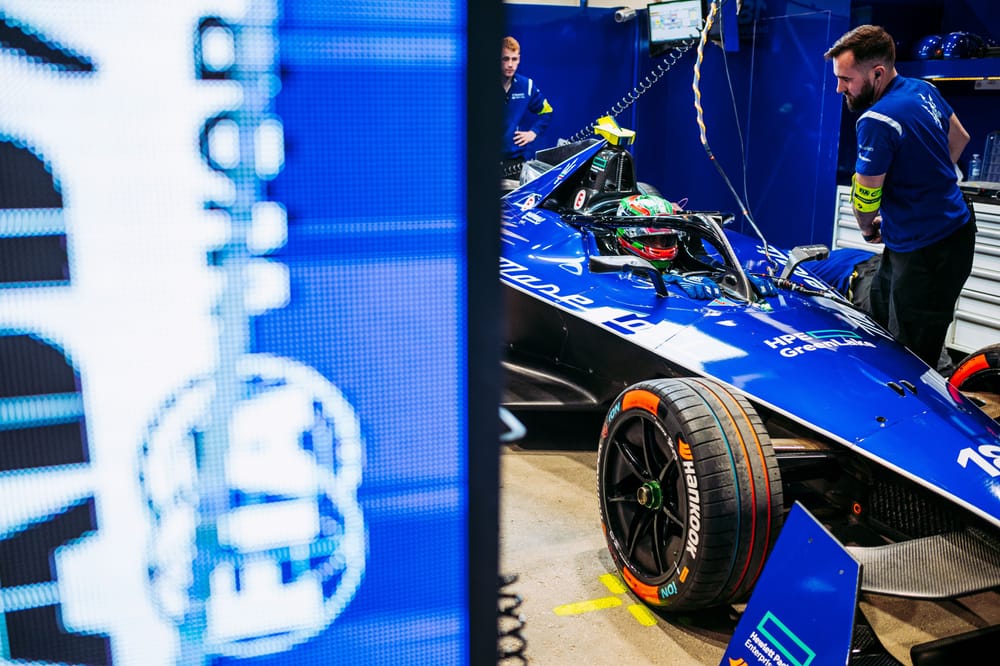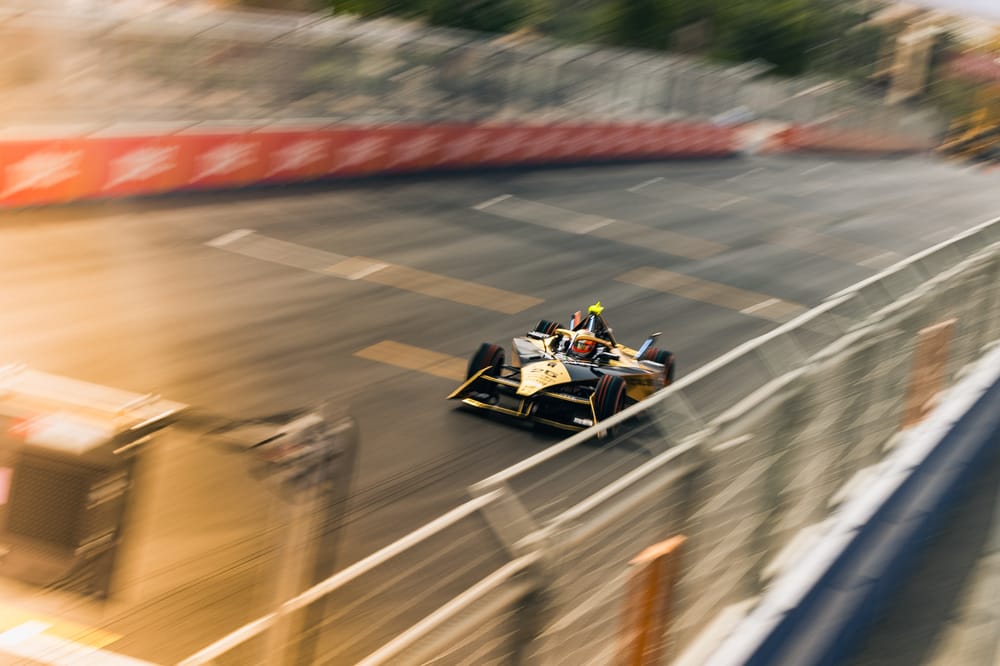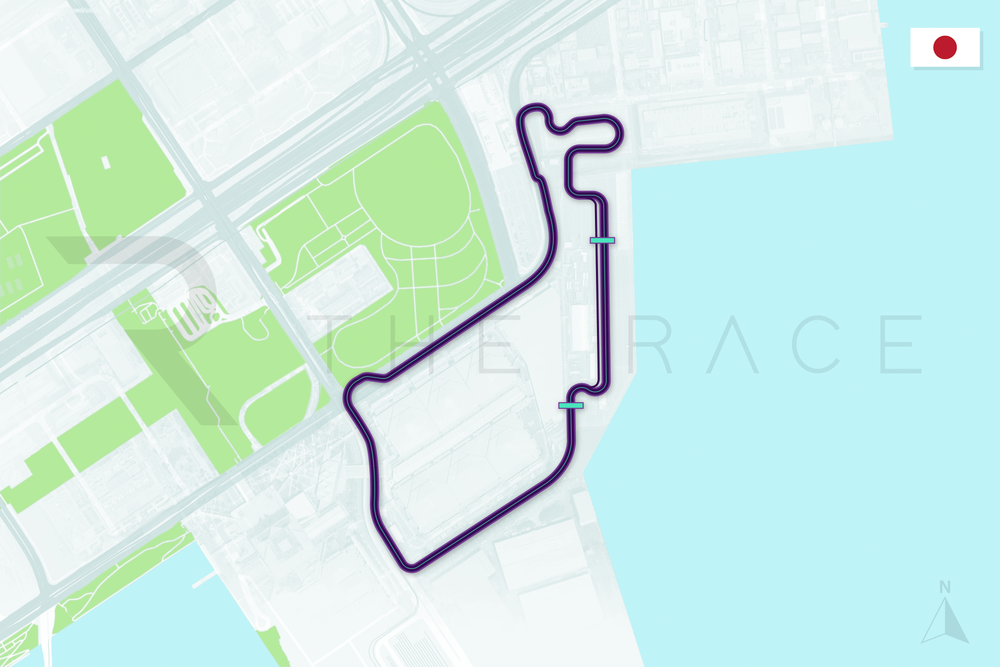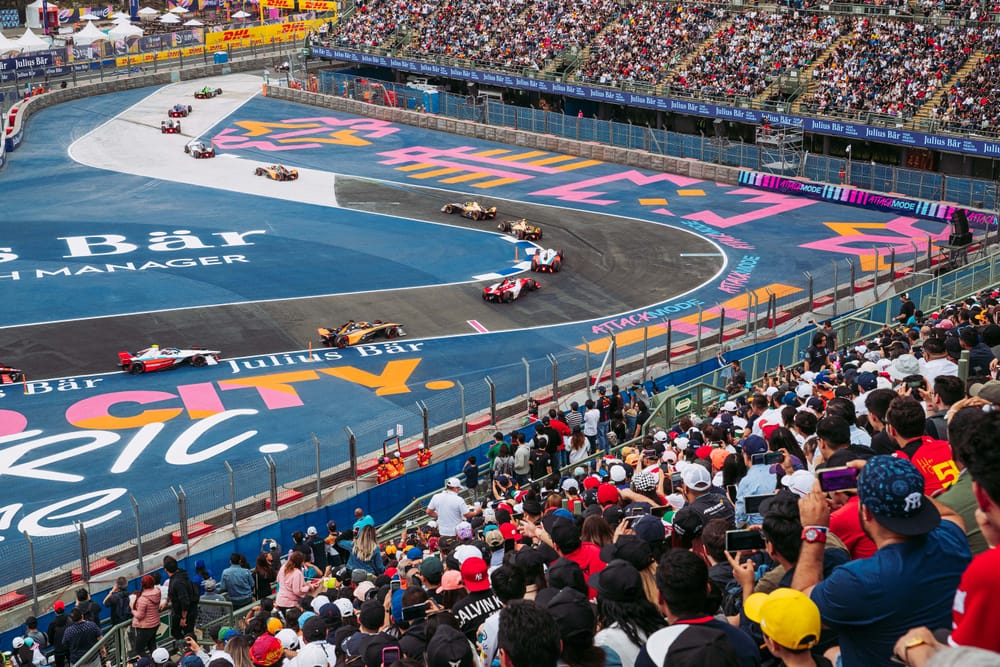It’s under eight months since Maserati MSG’s dominant breakthrough Formula E victory, when Maximilian Guenther, with chilling economy, won the second Jakarta E-Prix in the hot house of Jakarta.
In that time the Maserati MSG team has not got near that level of pure dominant performance.
But put in the context of what happened to the team since last summer it’s been more a question of surviving than thriving.
A messy off-season featured the departure of team principal James Rossiter and chief engineer Jeremy Colancon, and word was that the team was struggling to even get its cars built and shipped to the pre-season Valencia test.
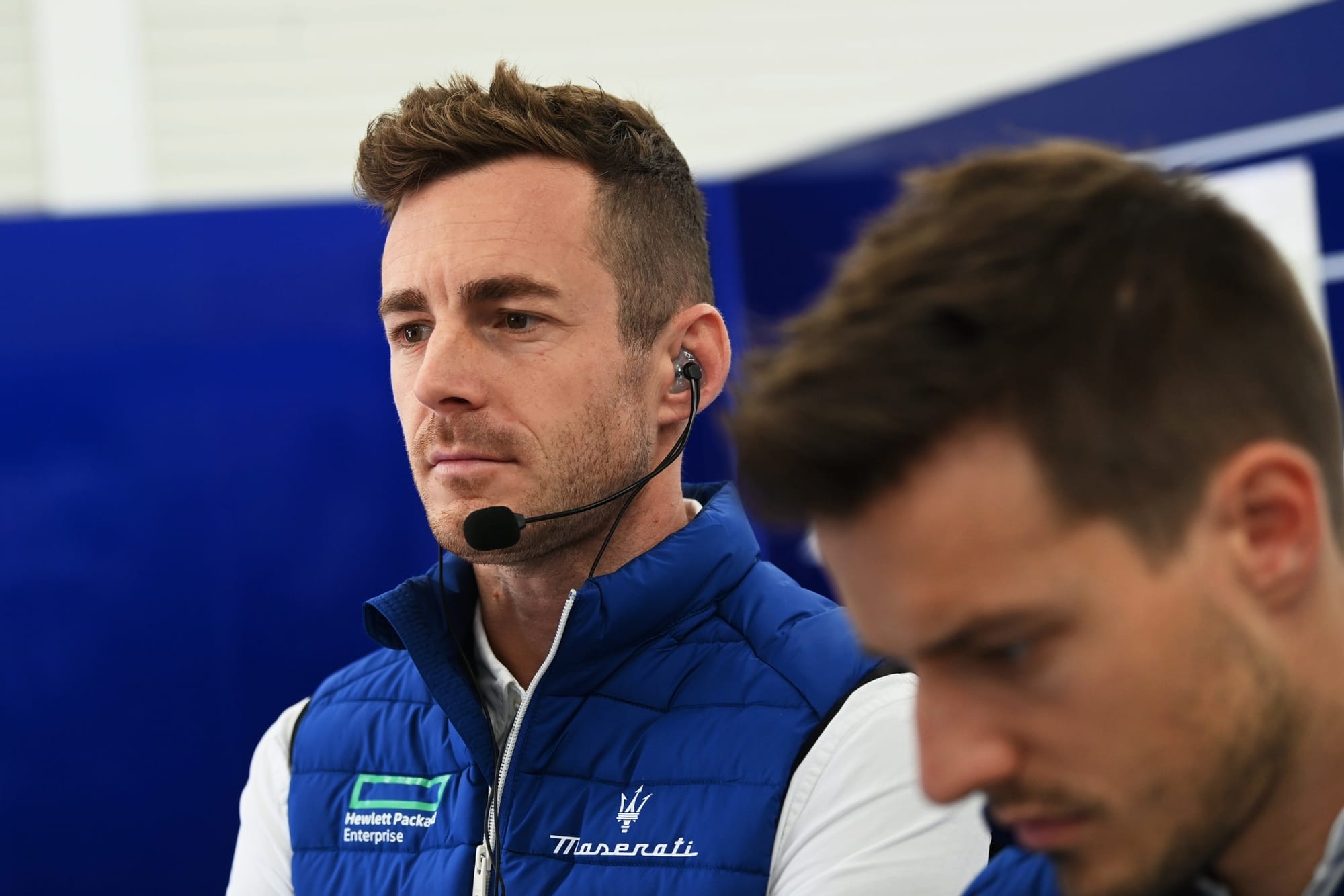
But underestimate this team at your peril. There is grit there. That became clear at Valencia itself where Maserati MSG got its head down and had a decent few days before arriving at the Mexico City opener with only the doom merchants' (guilty as charged!) words of warning ringing in their ears.
When Guenther and new team-mate Jehan Daruvala both glanced walls in the first free practice session the dice appeared to be loaded from the start. This was going to be a long season.
Except, it all turned around from that point on, with Guenther putting in several superb laps to ensure a third-place grid start as by far and away the quickest non-Jaguar or -Porsche entry.
Guenther was exceptional in the race too, and although he got shuffled out of a podium he was again the clear standout performer outside of the Jaguars and Porsches.
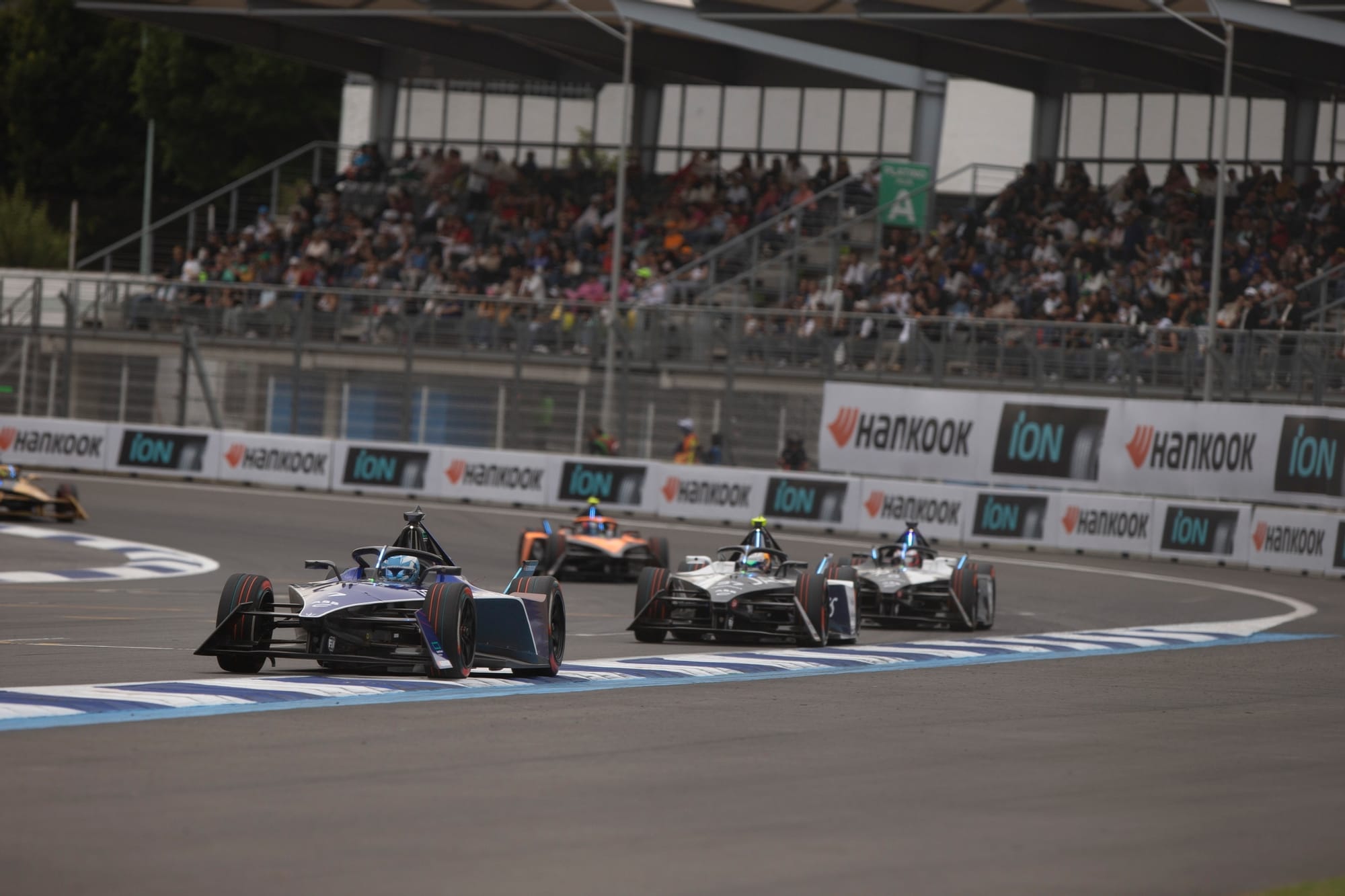
While Diriyah was not as strong, Guenther did at least collate eight points to ensure 20 from three races. That doesn’t look stellar on paper, but in light of what came before the season and the fact rookie Daruvala is unlikely to contribute significantly with big points in the first half of the season at least, Maserati MSG should be rightly proud of what it has achieved in very difficult circumstances.
Cyril Blais, the team's new chief engineer, has been a key part of at first holding things together and then ensuring the team didn’t just turn up and make the numbers up.
Blais joined the team at the end of 2021 from Mahindra where he engineered Pascal Wehrlein and Alex Lynn, the latter to a win at the inaugural London E-Prix that year.
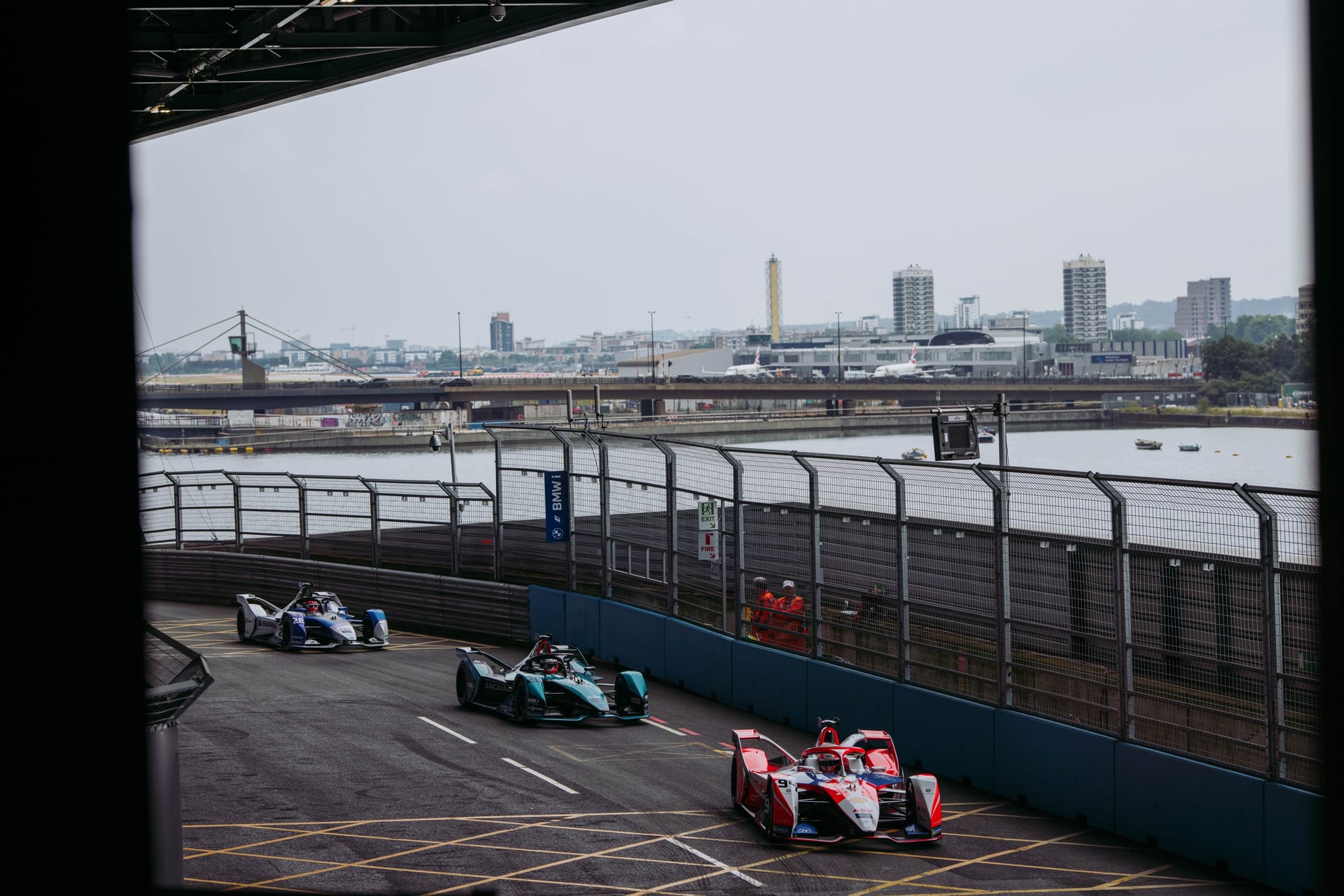
He brings a strong performance ethic and a no-nonsense and apolitical approach, something which was badly needed for the team from last autumn onwards.
“What you have to remember is, on a technical side, we didn’t lose that many people actually if you think about it,” Blais tells The Race.
“It’s not a one-person team and you can see that the rest of the team, 90%, stayed the same.
“It shows that people think ‘ahh, you lose key personnel, you lose one two guys, the team is finished’. That’s not the case.
“For sure it destabilised the team, for sure it’s not something we wanted but we have people here who maybe have not been in so much a senior position, but they’re part of the team and they can deliver. Give them an opportunity, then they can deliver.”
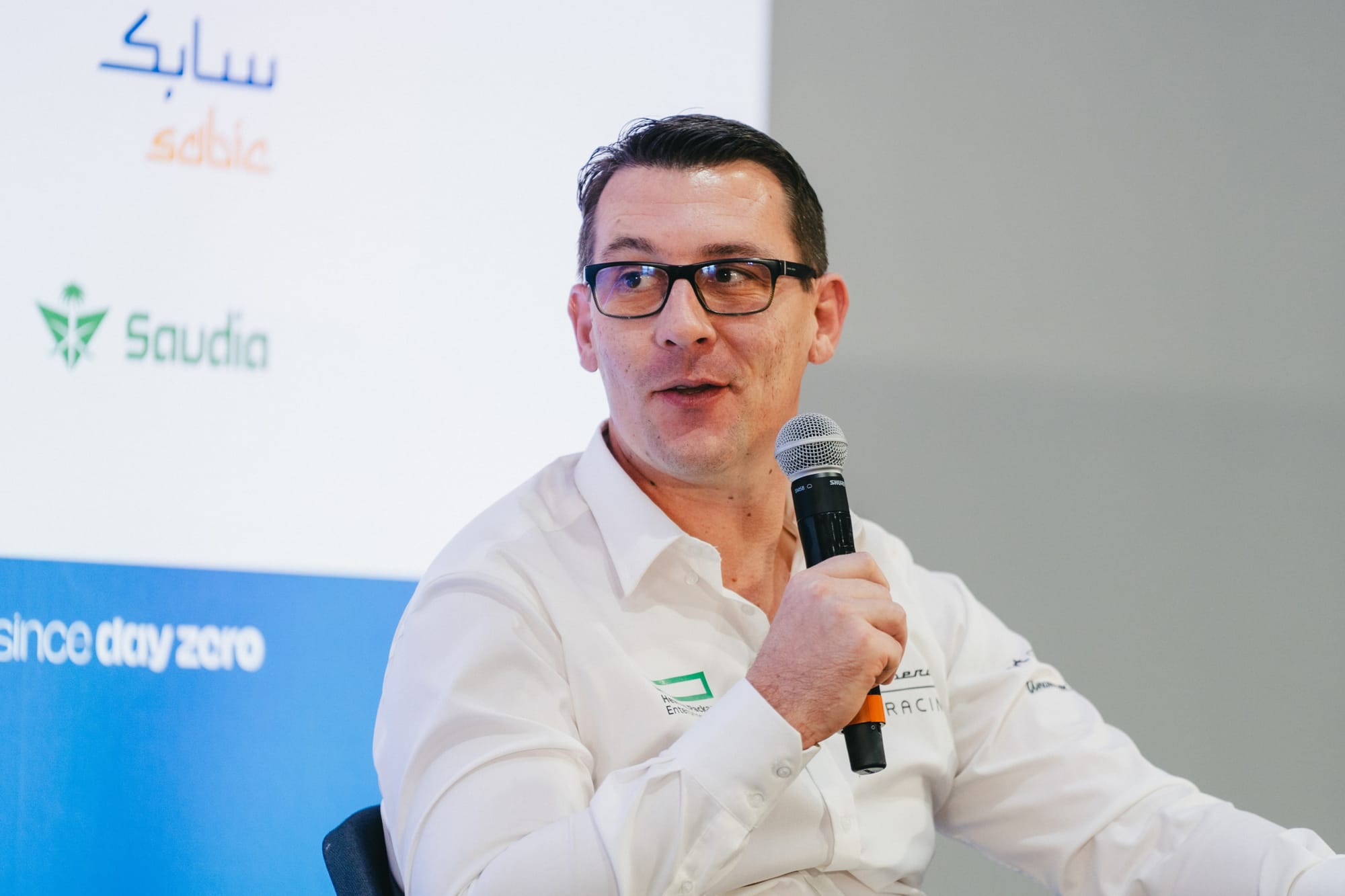
These movements did cost Maserati MSG time. As Blais (pictured above) puts it: “The only regret is that we had to focus a bit of resource and energy on restructuring the team instead of focusing purely on performance”.
That lack of core senior team stability has hurt Maserati MSG just as much as its off-track fragility, which essentially comes down to the commercial make-up of the team.
Make no mistake, Maserati MSG is fighting to ensure it can have a healthy future in its present guise.
It is in talks with potential new investors and could look very different this time next year should new investors or part-owners come to the table.
The team is mostly funded by its co-chairman Scott Swid and Jose Aznar via an equity group which owns the team outright.
The precise nature of the deal with Maserati is unknown, beyond that it ensured the MSG squad - which previously ran as Venturi - a supply of the DS Automobiles powertrain for the duration of the Gen3 era. Anything beyond that is general speculation but Maserati is known to have got a good deal from returning to international single-seater racing for the first time in over 60 years.
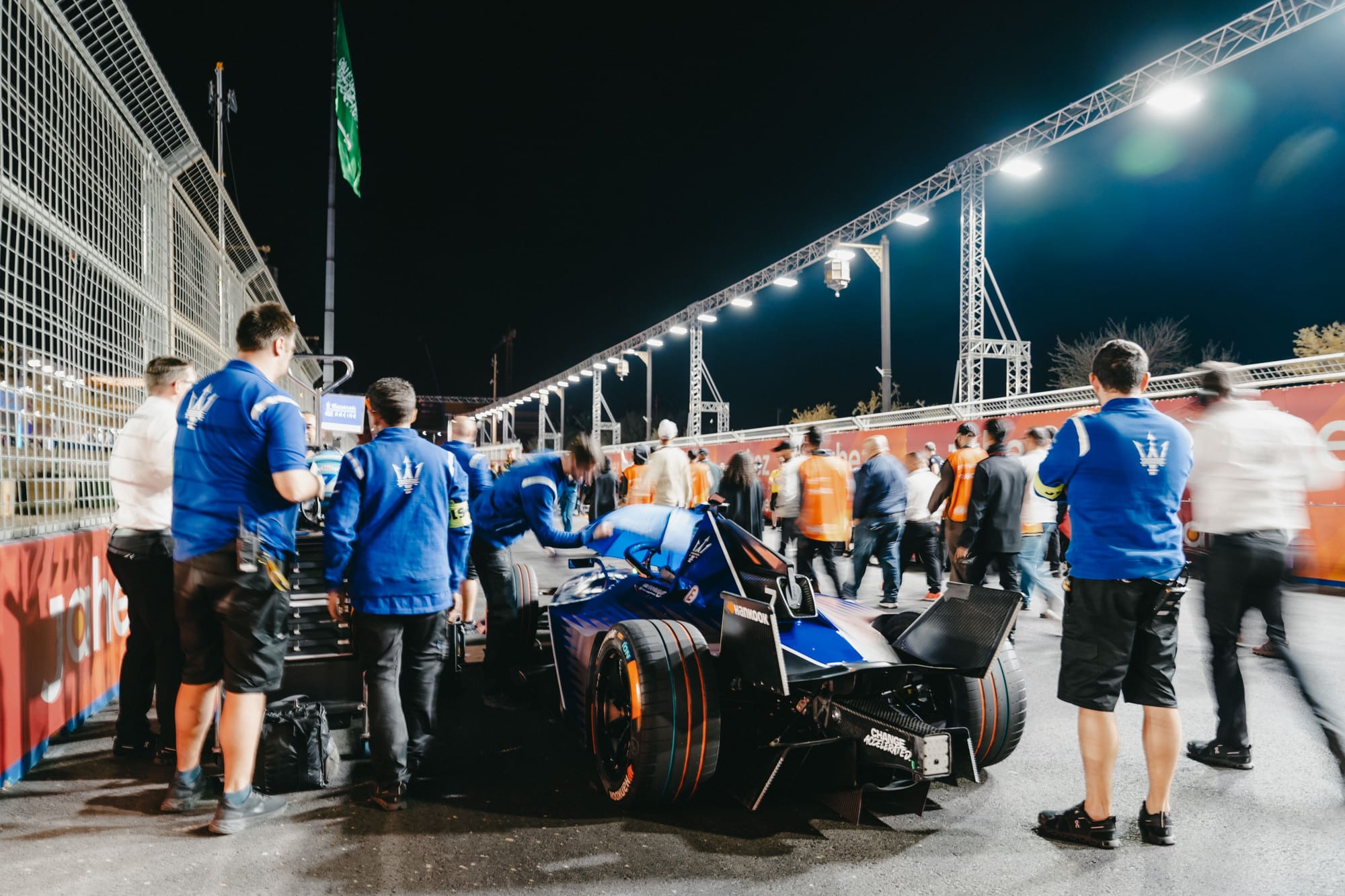
But the business element of the team is known to need beefing up, and in addition to changes on its management (Rossiter's exit) and technical side (Colancon’s departure to Mahindra) there has also been a change in its financial and commercial leads in recent months.
Rumours of a potential sale of some if not all of the team or at the very least a wide net being cast for additional partners have been rife since the end of the 2023 season.
All of this has been a distraction that those plugging on with their duties have had to try to be blinkered to as much as possible.
“The first thing you need to have in a competitive team is stability,” says Blais.
“I’ve been in teams that have won championships, I’ve been in teams when they’re struggling a bit, but the one common factor is stability.
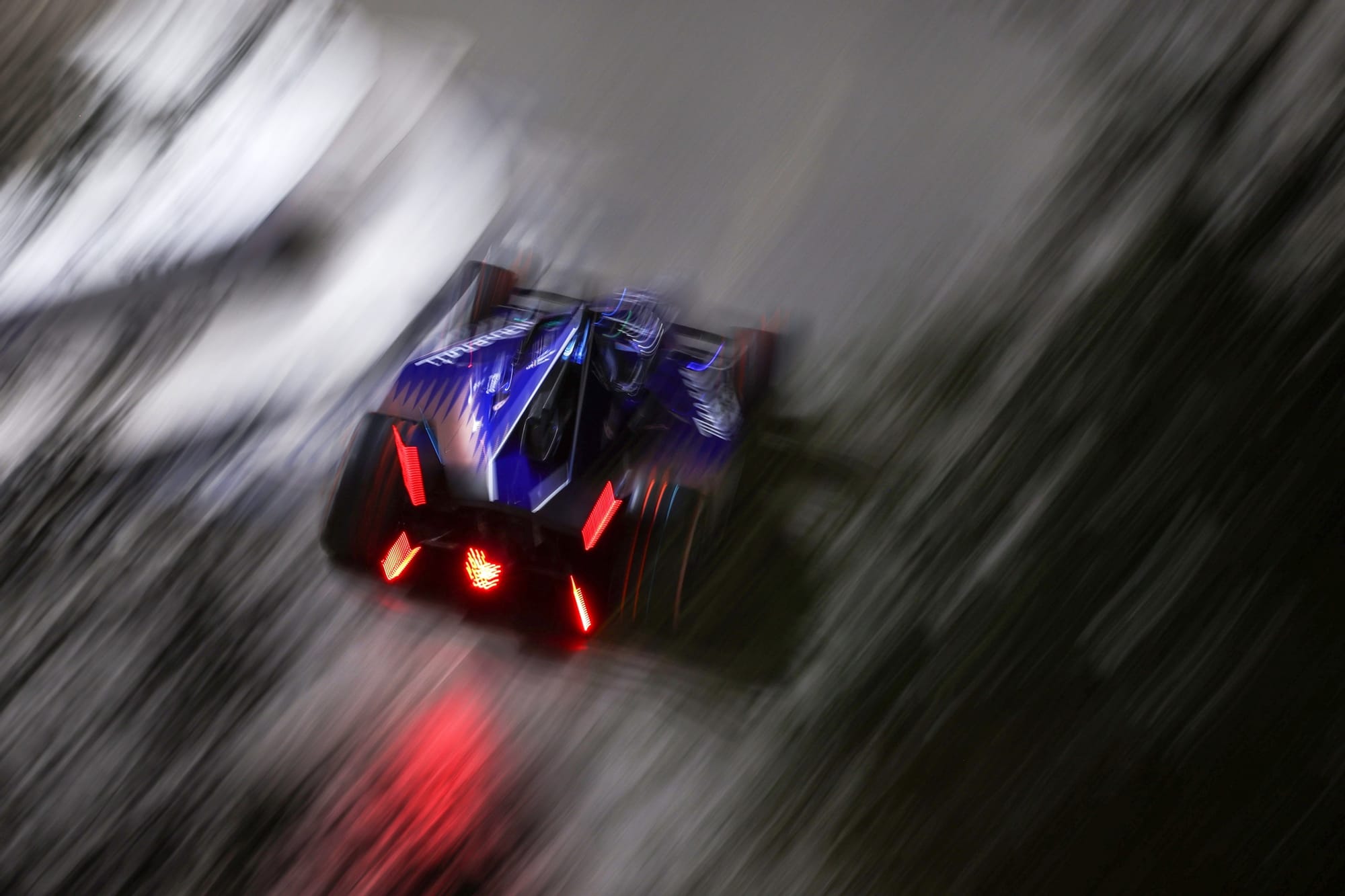
“You need to have a bit of a rhythm; people should know how to work with each other. There's no denying it; if you don’t have that, you can’t be successful.
“We tried to improve the team, take the bad news and turn it into a positive and give some people some more responsibility.”
That’s what has transpired at the team recently. It’s quite a heartwarming story because there was a morale crisis at stages last summer/autumn. Blais has been central to a more positive shift and it's showing initially.
A good example of those that have stepped up alongside blais is Fabien Geffroy. He went from strategy engineer to team manager ahead of the season and is a long-standing staffer that is helping to “carry the team forward”, according to Blais.
“He’s got a positive energy because in this situation you’ve got two outputs: either the team bends and breaks, or everybody rises to the occasion, steps up to the plate and delivers,” adds Blais.
There is no let-up though just because Maserati MSG has surprised many with its performances so far. Like the ERT squad, the team’s biggest challenge will be securing its future.
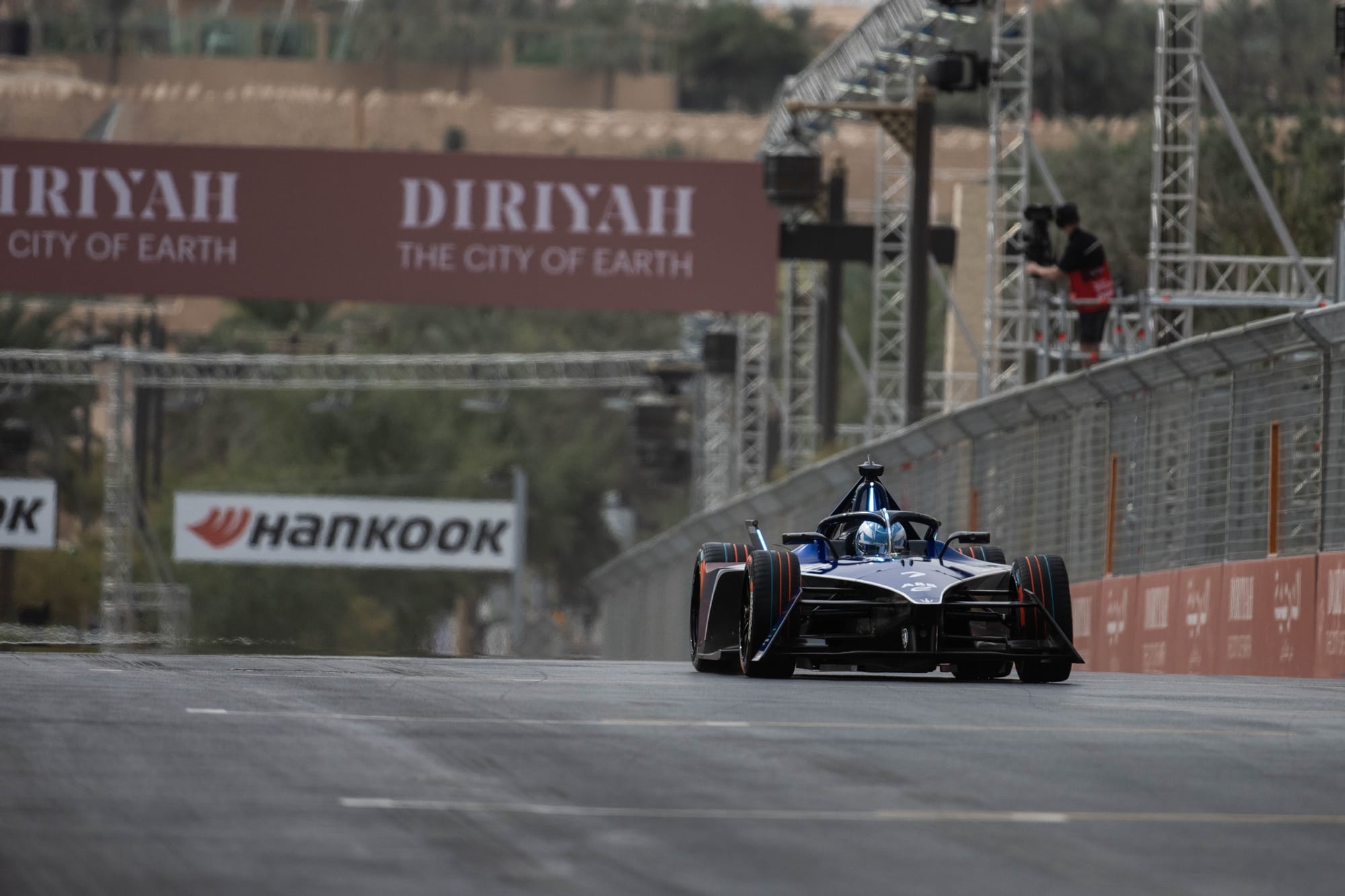
Blais and co. will keep their collective heads down and the result could be more surprises throughout the season.
They probably won’t come often but at new tracks – Tokyo, Shanghai and Misano - watch out for the Trident potentially skewering the favourites once again.
And as for the future? That’s not in Blais’ hands, so he and the team will just continue to do what they are best at, which is proving the doubters wrong.

